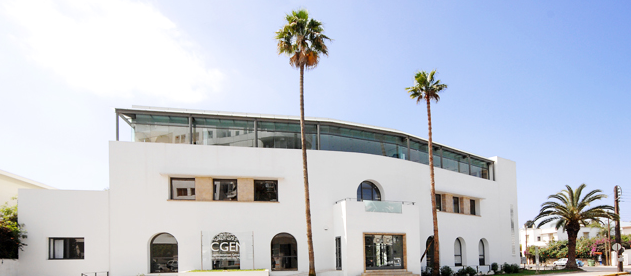Reports indicate that approximately 61.6 percent of Morocco-based businesses are foreseeing delay in the payment period. This period refers to the average number of days it would take a business to pay its due invoices after receiving them. It has to be paid at least 60 days once the COVID-19 pandemic ends.
CGEM (General Conference of Moroccan Companies) conducted a thorough investigation to ascertain the economic impact the COVID-19 pandemic would have. The report was released in the month of April.
During the course of the investigation, the body surveyed a total of 1820 firms to ascertain what their expectations on payment periods are when the global pandemic ends.
The survey shows that 28.3 percent of the companies are looking forward to an increase of over 90 additional days. 12.7 percent expect a delay of 90 days. 20.6 percent expect to record a delay of at least 60 days, while 16.8 percent expect to uphold the usual payment pattern.
Another area the investigation focused on was the impact the COVID-19 pandemic would have on businesses in general, how it would impact business dealings.
Based on CGEM’s report, involving the survey of 815 companies, it was recorded that business activity slowed down drastically. It happened, particularly during the first quarter of 2020, by over 50 percent. But 301 firms declared that they experienced a massive decrease in inactivity, which was between 30 and 50 percent.
The body, CGEM, also went into detail on how the global pandemic would impact various sectors of the economy. In Morocco’s tourism business sector, a 78.24 percent reduction in workforce was recorded in March 2020 when compared to how it was the same period in the year 2019. A 66.74 drop in turnover was recorded too.
For property developers, 68.75 percent drop in turnover was recorded. Artisan businesses had a drop in turnover amounting to 61.67 percent. Firms in the cultural business niche had a 58.86 percent drop in their turnover, while textiles had 54.13 percent. The media recorded a drop of 51.15 percent.
The investigation CGEM conducted revealed that 71.4 percent of companies that participated requested for at least a deferral (tax, banking, and social). 22.8 percent of the respondents simultaneously requested three payment deferrals.
The deferrals, according to the CGEM, will strain the future liquidity of firms on the stimulus.
The impact the COVID-19 pandemic had on job retention was also investigated. However, the report indicated a fear of job loss amounting to 165,586 jobs or a 55.11 percent drop in the workforce. Companies whose drop in turnover was over 50 percent fear to lose 100,000 jobs.
Additionally, about 39.2 percent of Morocco-based firms claim to have benefited from indemnities, which the Morocco COVID-19 response funds financed. Over 48.8 percent is yet to apply for the indemnities but keeps an eye out on the way events are playing. 12 percent of Morocco-based businesses investigated were not interested in the fund.
According to CGEM’s remark, the answers derived from the investigation pointed out that an increase in the compensation claims would go a long way.



